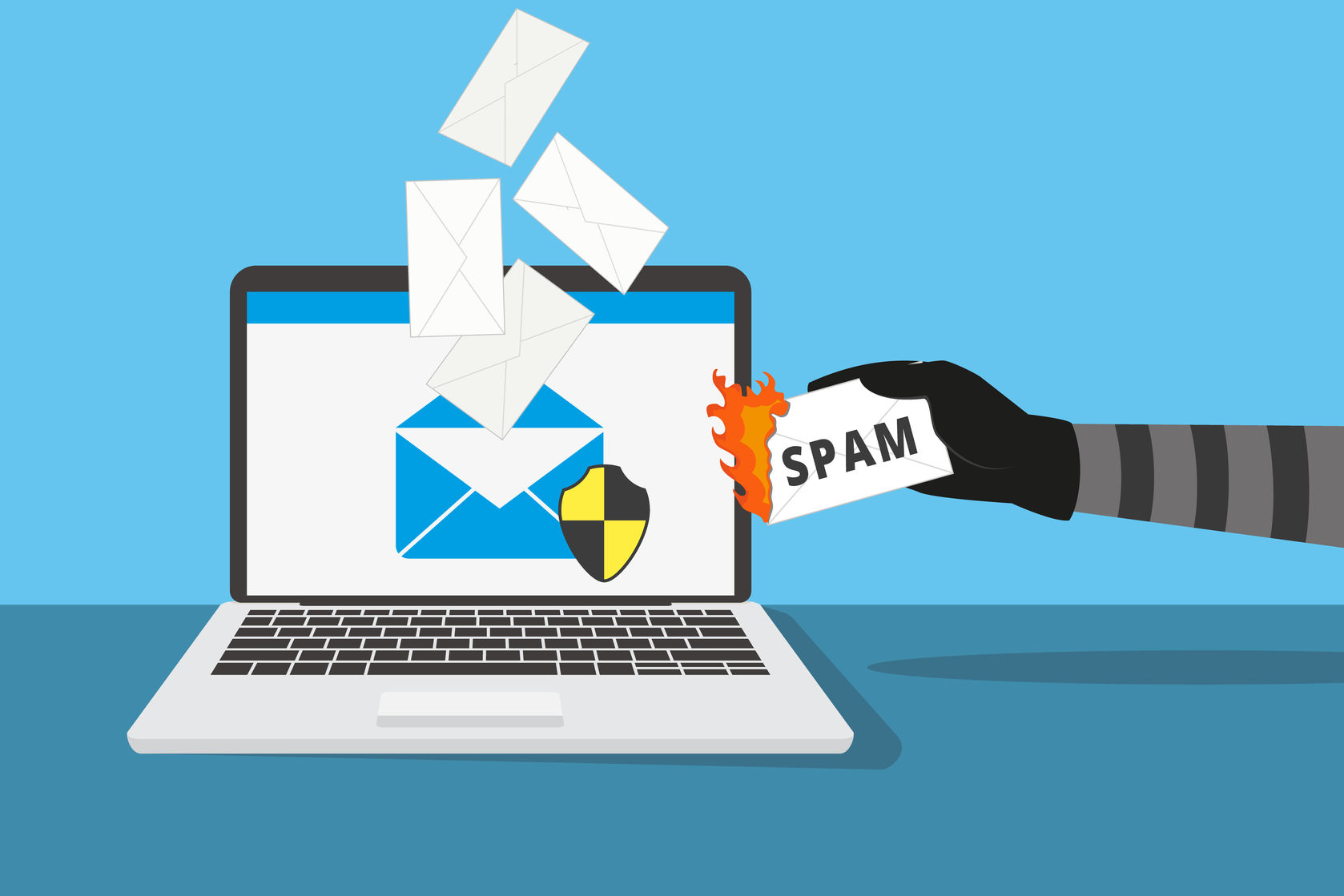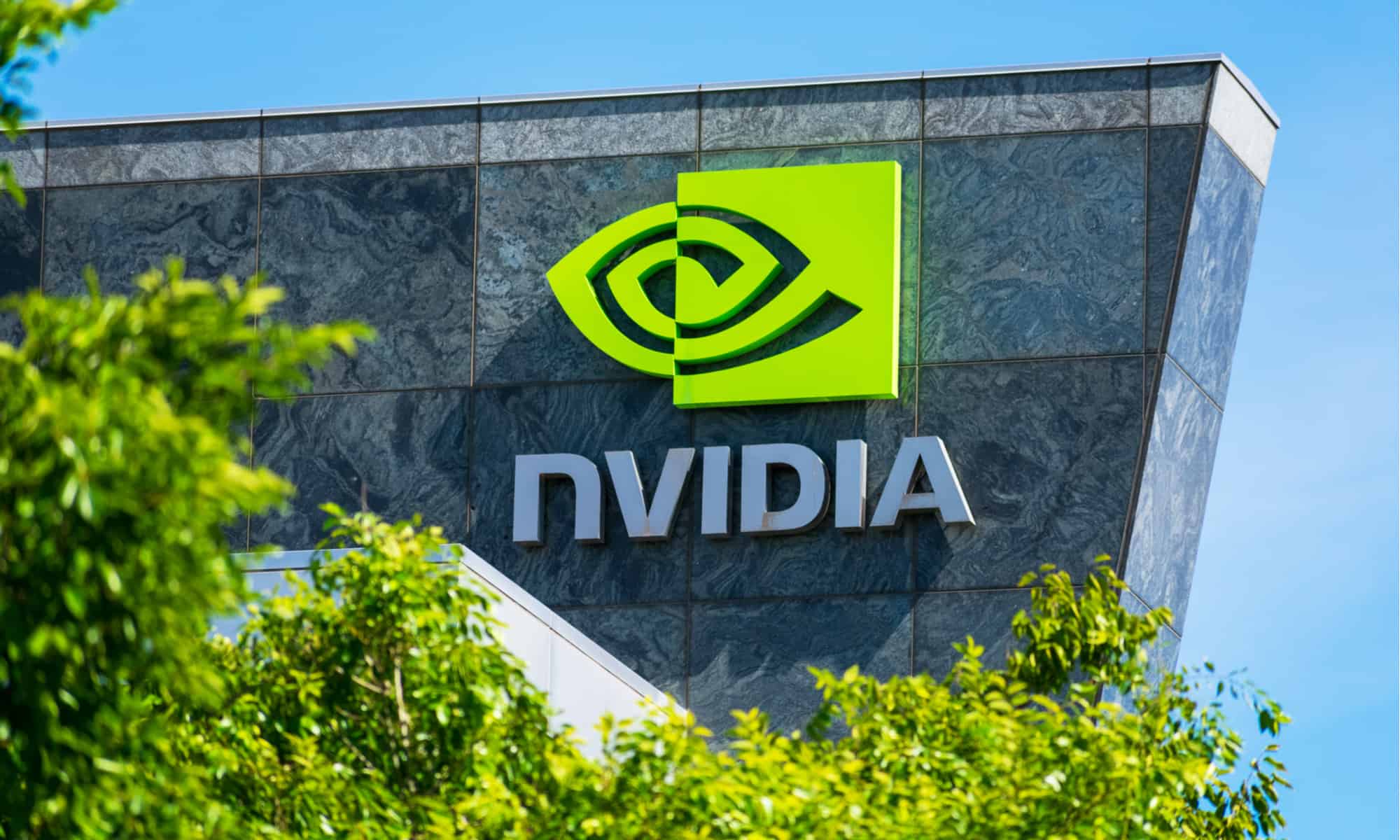Have you ever received a suspicious email that seemed oddly personalized and well-crafted? If so, you’re not alone. With the rapid advancement of artificial intelligence (AI), spam emails are about to become even more deceptive and convincing than ever before.
Key Takeaway
Advancements in AI technology are revolutionizing the world of spam emails, making them increasingly difficult to distinguish from genuine human communication.
The Surprising Encounter
Just recently, I had a surprising encounter with an ex-colleague named Jeremy. Out of the blue, he sent me an email that seemed genuinely heartfelt. He mentioned specific details about my health, recent events, and even shared a bit about his own life. However, the bewildering part was that he attempted to sell me a consulting service that I had no need for.
What struck me as odd were a few things. Firstly, Jeremy’s writing style was unexpectedly eloquent and polished compared to our past interactions. Secondly, it seemed unusual for him to reach out to me after years of minimal contact. Lastly, it was peculiar for him to try selling me something that he knew didn’t align with my professional background as a journalist and consultant.
The Rise of AI-Generated Text
Upon closer examination, I discovered the truth behind Jeremy’s peculiar email. It became evident that he had utilized an AI-powered writing tool to compose the message. The sophistication of this tool was so remarkable that I initially failed to recognize it as generated text. Moreover, it appeared to have assimilated information from my public online presence, such as my Twitter account, to create a seemingly personalized narrative.
This incident compelled me to realize that we are on the brink of a new era in spam emails. As AI continues to advance and refine its skills, specifically in generative AI, it is becoming increasingly proficient at producing human-like text. Gone are the days when spam emails were easily identified by their awkward phrasing or obvious sales pitches. Instead, we are entering an era where AI can craft persuasive and personalized emails that are incredibly challenging to differentiate from those composed by a genuine human.
Imagine receiving an email that mirrors a conversation you had with a close friend or references recent events in your life. The line between authentic communication and AI-generated spam is blurring with every technological leap.
Preparing for the Future
As we navigate this evolving landscape of highly convincing AI-powered spam, it becomes crucial to remain vigilant and employ necessary precautions. Organizations and individuals alike must fortify their spam filters and hone their skills in identifying potential red flags. Moreover, staying up-to-date with the latest AI advancements can empower us to combat the rising tide of sophisticated spam texts.
While the battle between AI-generated spam and human discernment is escalating, it is our responsibility to adapt and equip ourselves with the tools necessary for effective email communication. The era of easily identifiable spam is fading, but our ability to stay one step ahead is not.
Remember, the next time you receive a seemingly personalized email, take a moment to scrutinize its authenticity. It might just be an AI-powered spam attempting to deceive you.

























